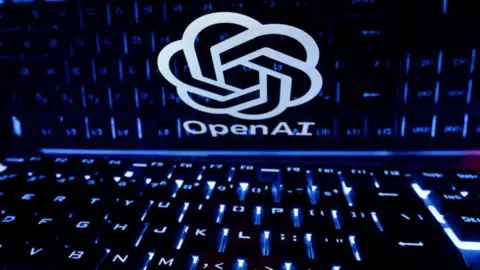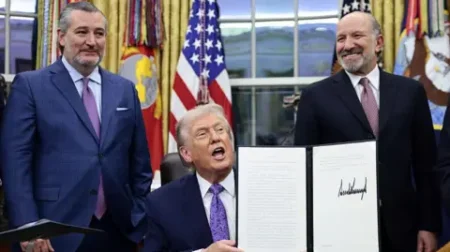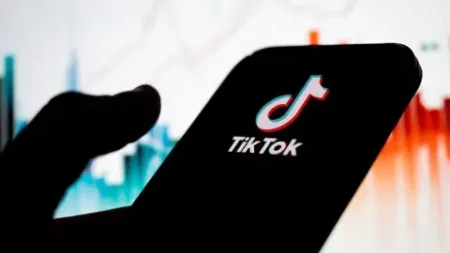**OpenAI Takes Legal Action Against Elon Musk for Alleged Undermining Tactics**
In a significant legal move, OpenAI has initiated a lawsuit against Elon Musk, asserting that the billionaire entrepreneur has employed “bad-faith tactics” in an ongoing effort to undermine the company’s operations for his personal gain. The tech giant’s action comes in response to Musk’s previous legal maneuvers aimed at halting OpenAI’s advances in the artificial intelligence sector, igniting a multifaceted legal battle that is unfolding within the tech industry.
Musk, the CEO of Tesla and a co-founder of OpenAI, has been encumbered by a series of disputes that date back to his departure from the firm several years ago. The lawsuit alleges that Musk’s actions have been unrelenting, aiming specifically to slow down OpenAI’s progress in the highly competitive space of AI technology. In a statement released on Wednesday, OpenAI accused Musk of strategically misrepresenting their objectives and spreading misinformation, claiming, “Elon’s nonstop actions against us are just bad-faith tactics to slow down OpenAI and seize control of the leading AI innovations for his personal benefit.”
The backdrop of this legal confrontation features Musk’s previous lawsuit against OpenAI’s Chief Executive Officer, Sam Altman. Musk’s suit centers on attempts to revise the company’s corporate structure, something he claims violates agreements made during the company’s foundation. In response to the latest developments, OpenAI has positioned itself to counter Musk’s litigation, declaring that it aims to protect its operations and mission to advance AI responsibly and ethically.
The judicial timeline has been restricted by a recent decision from US District Judge Yvonne Gonzalez Rogers, who has expedited the case with a trial date set for March 2026. The judge has previously denied Musk’s request for a temporary injunction that would prevent OpenAI from transitioning from a non-profit to a profit-driven entity, a transformation Musk argues undermines the original mission of the organization to prioritize humanity’s welfare through artificial intelligence.
Musk’s claims are grounded in the belief that OpenAI has diverged from its foundational purpose as a non-profit organization aimed at benefiting humanity through AI advancements. The technology mogul, who dissociated from OpenAI in 2018, contends that the organization’s methods have strayed dangerously far from its original goals. In contrasting opinions, experts like Ari Lightman, a professor at Carnegie Mellon University, have pointed out that this conflict may detract from the essential conversation surrounding the ethical development and safe deployment of artificial intelligence, emphasizing the need for focus on equitable advancement rather than corporate power struggles.
In a further twist to this ongoing saga, OpenAI has accused Musk of utilizing communication platforms to disseminate fallacies about their work, suggesting that his commitment has shifted towards self-serving agendas rather than cooperative innovation. Musk’s own AI company, xAI, is viewed as a competitor to OpenAI, though reports indicate that it currently trails in technological advancements.
The tensions have escalated with Musk’s recent bid to purchase OpenAI, reportedly offering a substantial $97.4 billion, which Altman tactically dismissed by highlighting a more modest proposal regarding Musk’s social media entity, Twitter. Despite these developments, Musk maintains a substantial stake in his ventures, with claims that xAI and its assets, including the newly acquired platform formerly known as Twitter, could value upwards of $100 billion.
As the stakes rise in this intricate legal and competitive landscape, the outcome of these lawsuits will likely have profound implications for the future trajectory of AI and the dynamics between its prominent players, namely OpenAI and Elon Musk. The unfolding narrative exemplifies the intense rivalry at the forefront of technology innovation and the pivotal role of regulation, ethics, and corporate governance in shaping the future of artificial intelligence.











